Common Scene Errors
Today we tackle Jack Bickham’s Common Scene Errors, and boy, are there a lot of them, 14 to be precise. According to Scene and Sequel, these simple problems will derail your scenes, rob them of their impact and drag down your novel. We go through each error, identifying if they’re a problem in our own writing and discuss Bickham’s solution.
Read More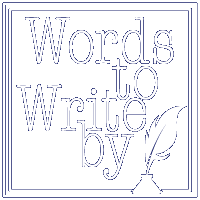
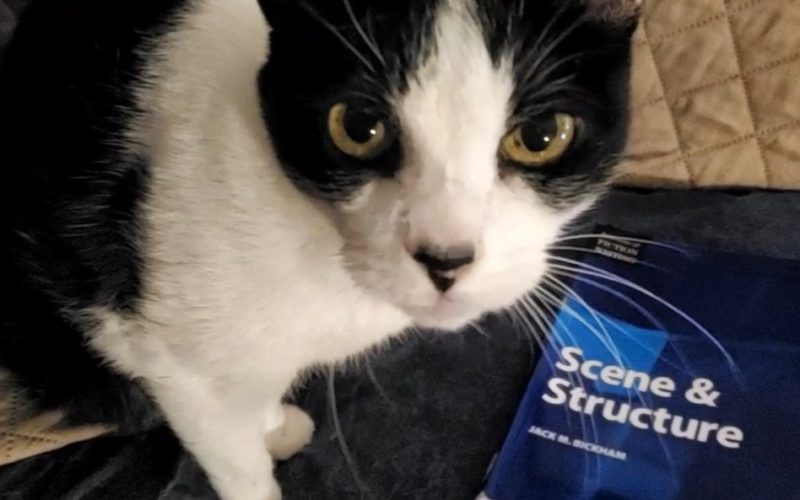
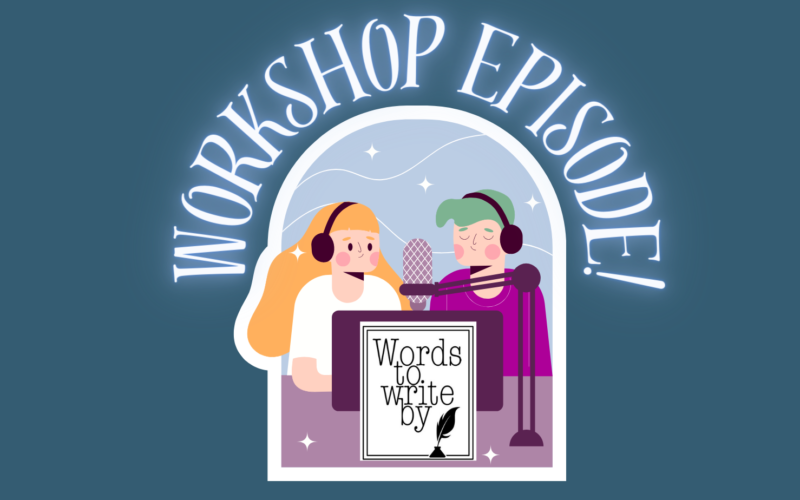
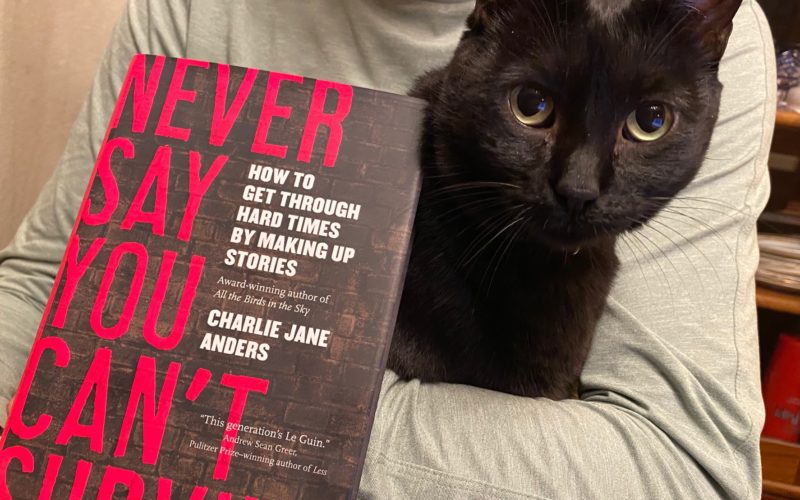
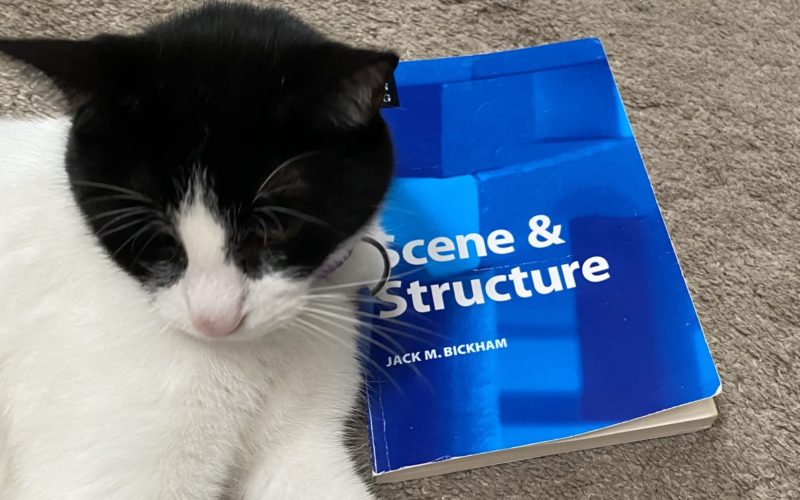

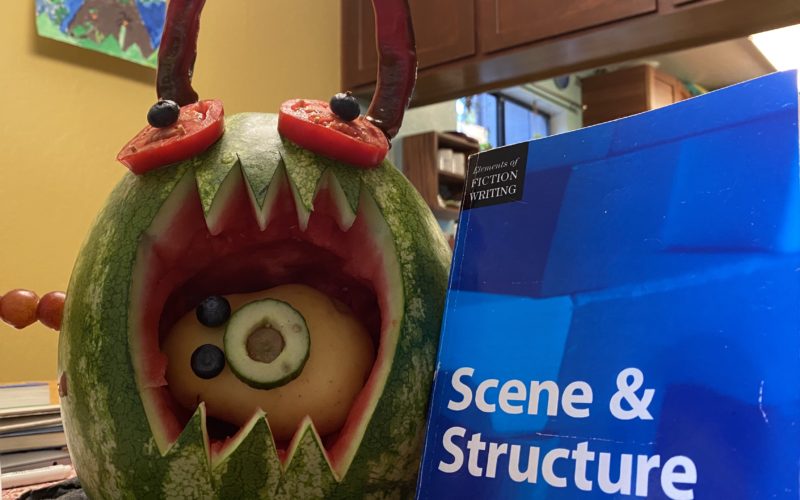
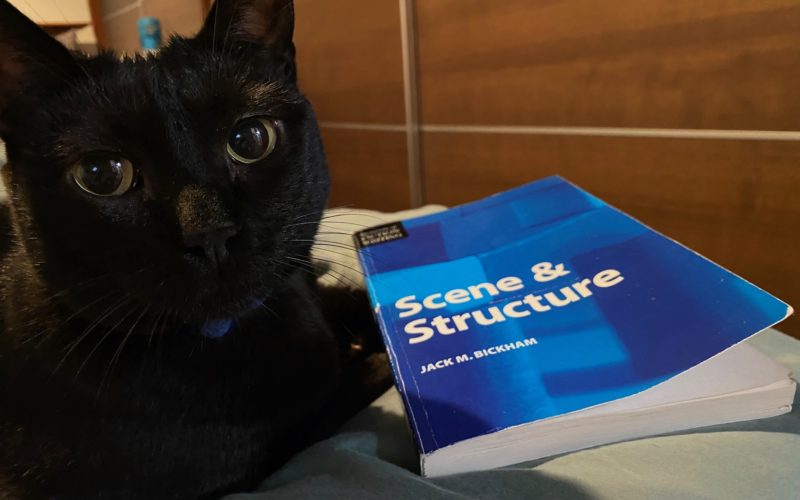



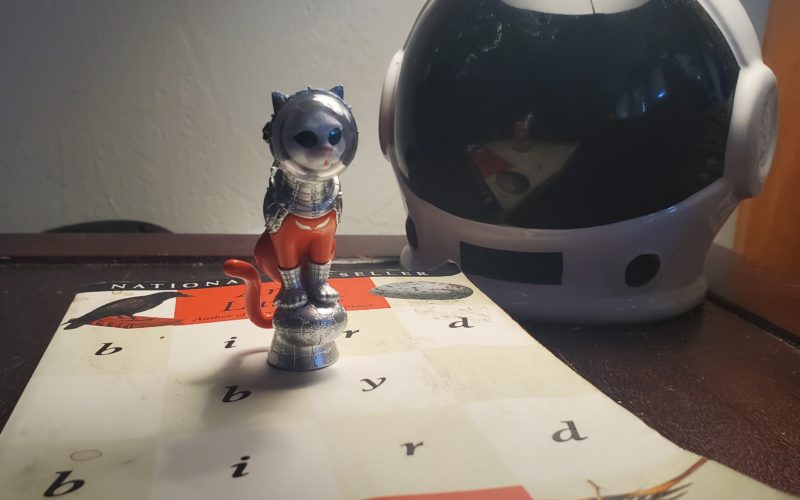
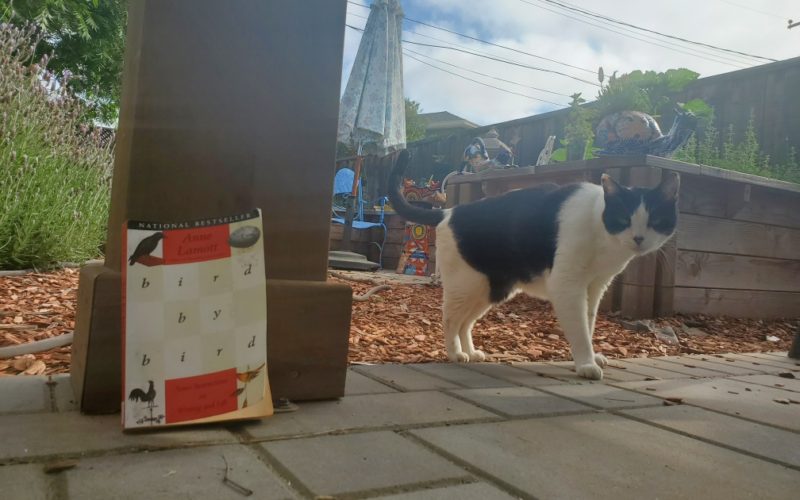
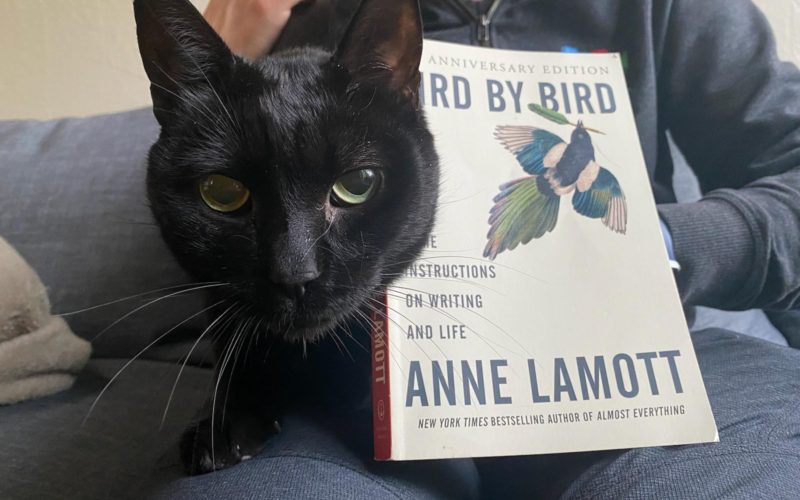

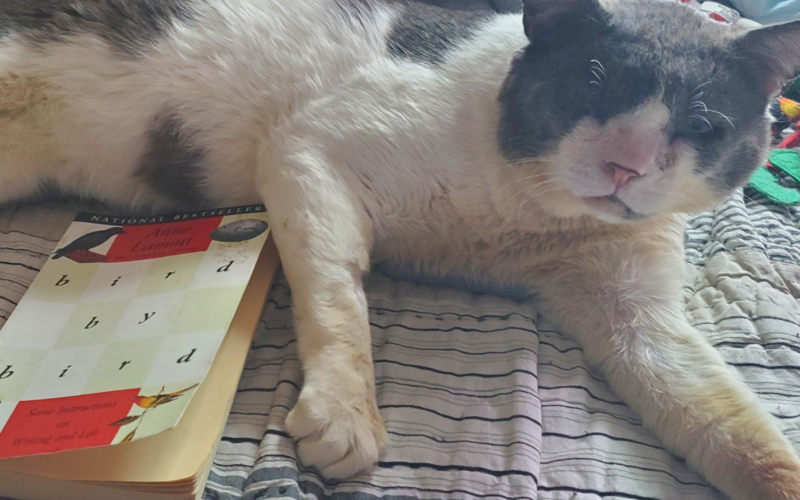

Writing Advice from the 90s
Some advice is timeless, some is not. In this episode, we evaluate writing techniques from Anne Lamott's book Bird by Bird and see if they still have value...